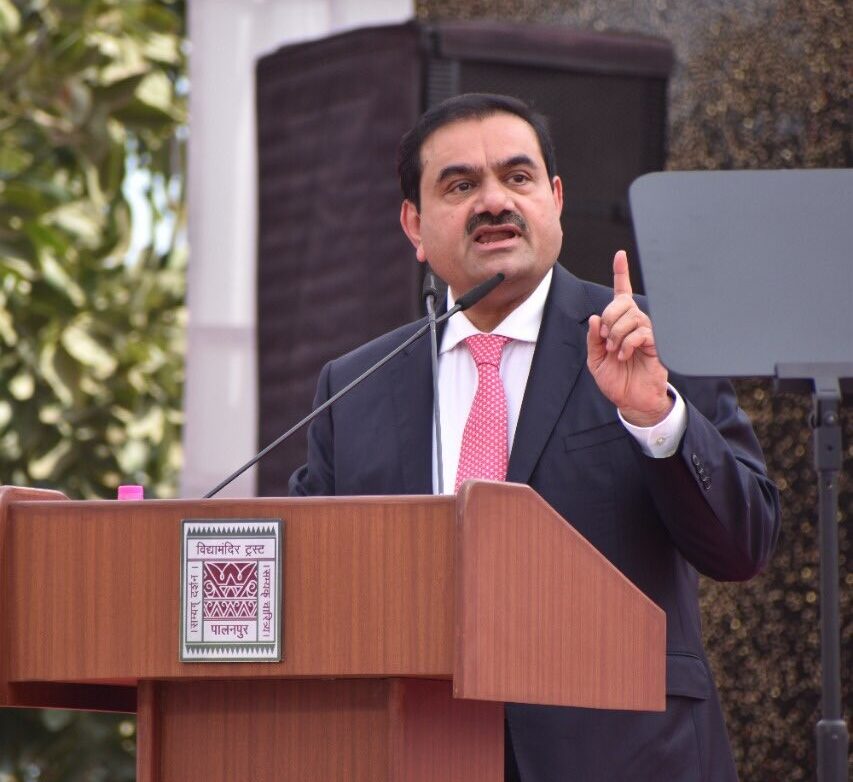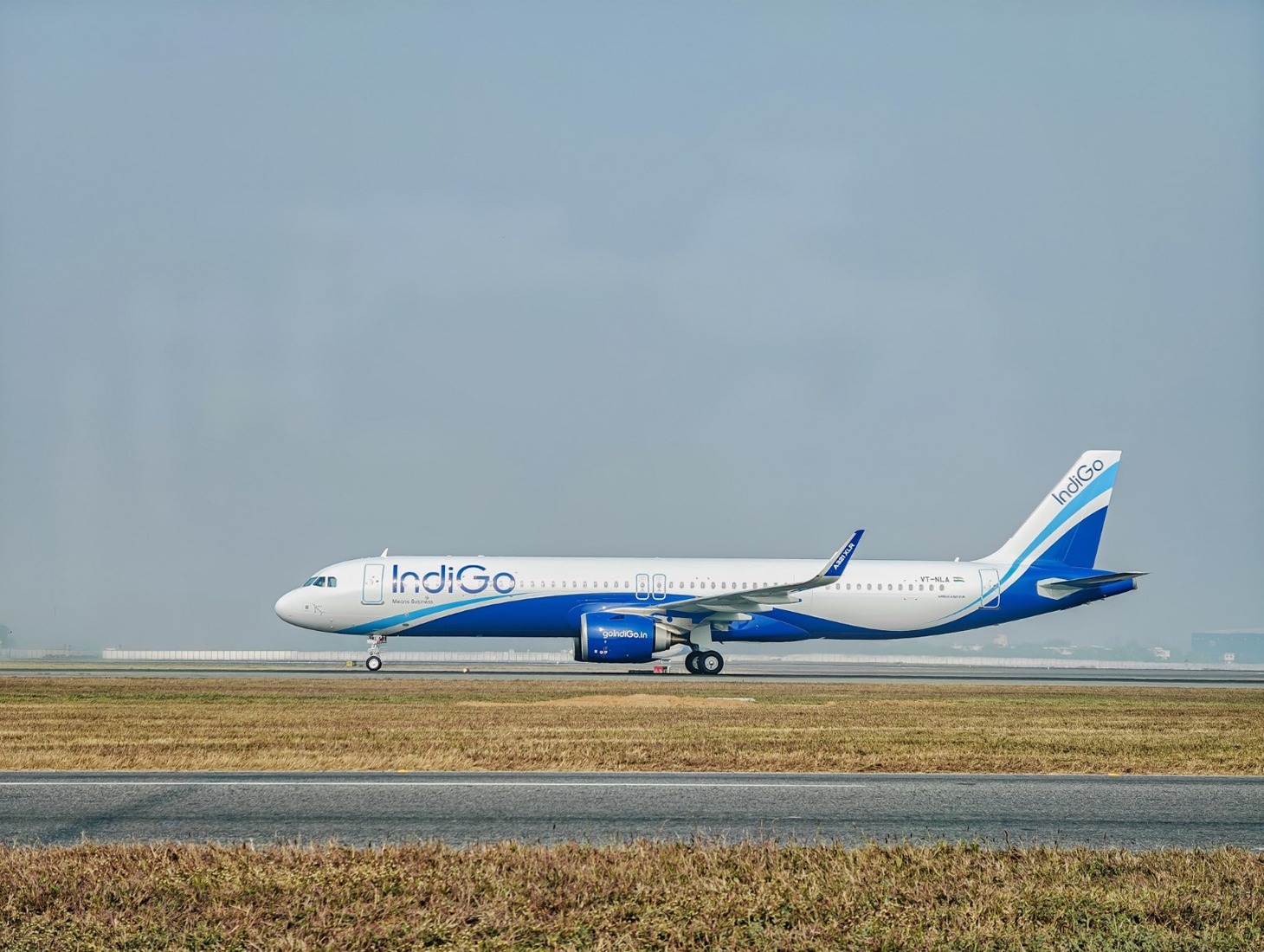Shimona Sharma
The North News
Chandigarh, February 14
Adani Green Energy Ltd (AGEL) has pulled out of its nearly USD 1 billion wind farm project in Sri Lanka, citing growing controversy over inflated tariffs and environmental concerns in the planned project sites of Mannar town and Pooneryn village. This decision comes amid a period of turbulence for the company, following the termination of a USD 736 million power transmission deal by the Kenyan government in November, after founder Gautam Adani faced bribery charges in the U.S, the news outlet The Hindustan Times reported.
Sri Lanka, under the leadership of President Anura Kumara Dissanayake, is working to lower electricity prices to under 6 US cents, a move reported following the previous administration’s agreement to purchase electricity at a rate of 8.26 US cents. Meanwhile, Bangladesh is reviewing power generation contracts, including those involving Adani Power, as part of a broader probe into agreements made under former Prime Minister Sheikh Hasina.
The Business World reported that AGEL had received approval in February 2023 for the 484 MW wind power project, which also included plans to expand Sri Lanka’s transmission network. However, a tariff dispute emerged after the Sri Lankan government agreed in May 2024 to buy electricity from Adani at USD 0.0826 per kilowatt-hour, despite local competitors offering rates as low as USD 0.0488. This pricing issue triggered extensive negotiations, but the dispute ultimately proved too contentious. The company had already invested around USD 5 million in pre-development efforts and had secured most of the necessary approvals, except for environmental clearance in Mannar, which is currently tied to a pending Supreme Court case. Despite over 14 rounds of talks with various government agencies, a new Cabinet-appointed committee emerged, signaling the possibility of renegotiating the terms. Faced with continued delays and uncertainty, AGEL’s board opted to withdraw, acknowledging Sri Lanka’s sovereign rights in the matter.
















